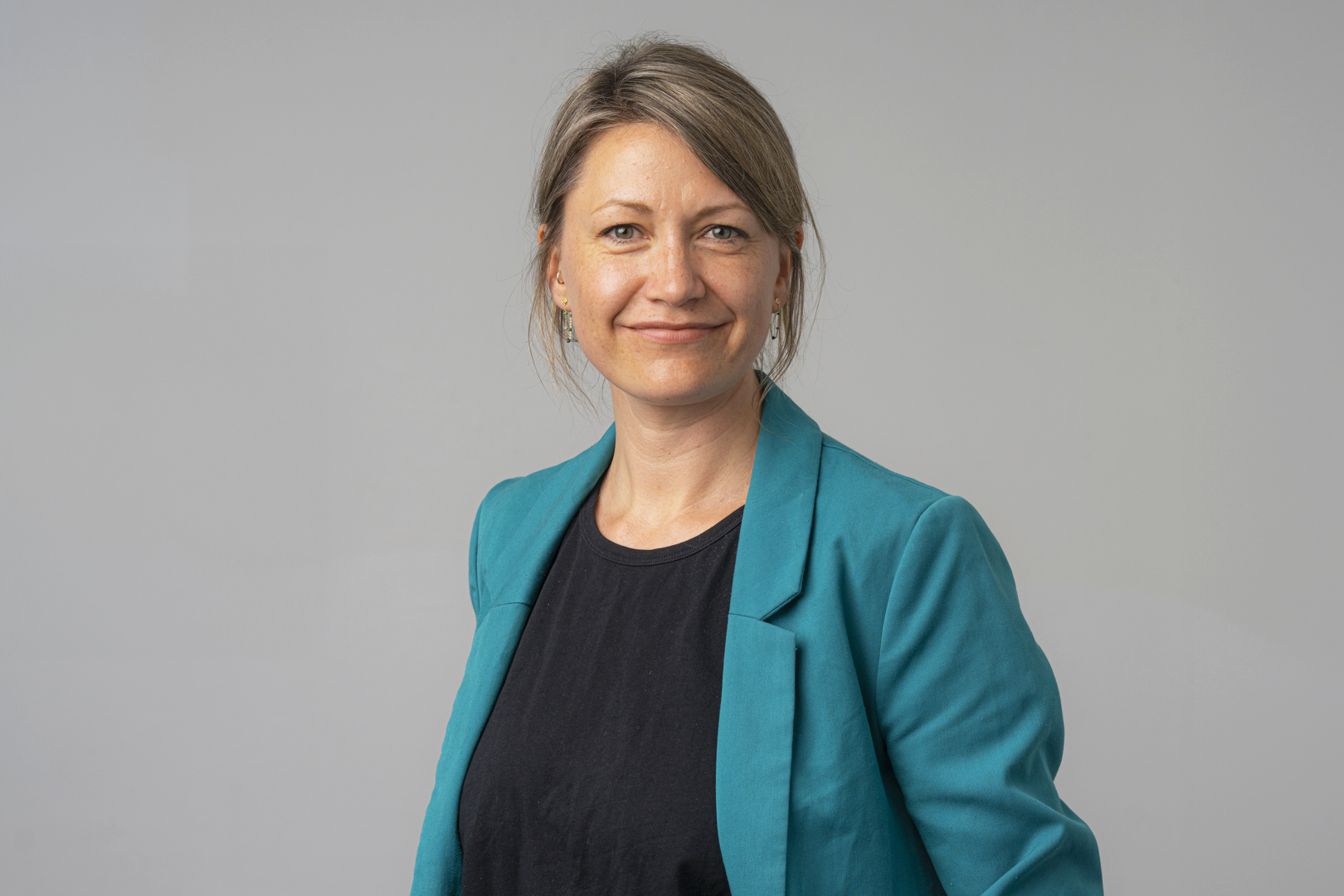Amalie Martinus Hauge
Research leader

Project title
Working at the Boundaries of Dying: Dying Trajectories, Medical Futility and Transition Work in the 21st century
What is your project about?
The project examines how death and the final stage of life are handled in an era marked by treatment innovation. Rapid medical advancements bring hope and opportunities to prolong life, even for incurably ill patients, but they also introduce new challenges. Healthcare professionals, such as oncologists primarily trained in extending patients' lives, are now facing additional responsibilities. Together with patients and their families, they must navigate an increasingly complex gray area between life extension and life conclusion, balancing concerns about potentially harmful overtreatment with the ambition to do everything possible to save or prolong the patient’s life. Through the concept of 'transition work,' we highlight this underexplored work of transition and the ethical, professional, and organizational dilemmas embedded within it.
How did you become interested in your particular field of research?
Since my studies at Roskilde University and Copenhagen Business School, I have been interested in how implicit and explicit notions of value and dignity are expressed and contested in organizational decision-making processes. During my PhD, I followed a pediatric hosptial's attempt to introduce the major management initiative of the time – lean – and observed the spaces of opportunity and conflict that arose in the process. Since then, I have, among other things, examined how different understandings of what counts as value coexist and clash when implementing new and often expensive treatments in oncology and other disease areas. This led to my interest in the current project. As part of my ethnographic observations on personalized medicine and prioritization, I participated in the morning meetings of an oncology team. Here, I witnessed how a few doctors would occasionally ask their colleagues, “Don’t you think the best thing for her now is gentle care?” I observed from the sidelines as they worked psychologically, practically, and in dialogue with the patient to create a good final phase of life. This inspired me to focus on how healthcare professionals can navigate the value-laden challenges often associated with discontinuing active treatment and framing the last stages of life.
What are the scientific challenges and perspectives in your project?
The project’s aim to define and investigate 'transition work' encompasses both descriptive and normative elements. The ambition is for the research group to both describe and conceptualize how patients and healthcare professionals navigate the gray area between life extension and life-conclusion. Additionally, we aim to raise normative questions about how this process could and should unfold in the future. The balance between the descriptive and normative will come into play in our interactions with professionals and patients, where we will examine both their experiences and normative judgments, and within our project, where we integrate ethnographic methods with normative theory. Although this tension will require ongoing attention, it is also expected to drive the project’s ambition to both articulate and critically examine how death and the final stages of life are understood and orchestrated in a context marked by hope and new treatment advances.
What is your estimate of the impact, which your project may have to society in the long term?
The project addresses an important societal debate on the balance between costly medical treatments and palliative care, which is often underprioritized despite some - but not all - patients’ wish for a treatment-free final stage of life. At the same time, the project explores the challenges healthcare professionals face when balancing their role as providers with the need to support patients in their final days—tasks that can provoke discomfort and demand both practical and personal commitment to making open discussions about treatment cessation and end-of-life care part of everyday practice. The project aims to enrich this societal debate by spotlighting and creating language for the dilemmas that arise when life-prolonging treatments are available but may no longer be meaningful for the patient’s quality of life or for society’s resources. In doing so, the project hopes to equip professionals, patients, and their families to navigate these dilemmas, which are expected to extend to more areas of illness in the future.
Which impact do you expect the Sapere Aude programme will have on your career as a researcher?
It is a great honor and a unique opportunity to be able to set the framework and direction for a research group focused on an issue that is absolutely central to our society—namely, the question of how death is allowed, takes, and is given space. The Sapere Aude grant enables the entire group to cultivate both national and international research relationships and allows me to grow in my role as a research leader.
Background and personal life
I live in Nørrebro with my husband and three children. We enjoy eating candy and watching TV, but we occasionally venture outdoors too. For example, we have a summer house collective on Møn, where we whitewash walls, build shelters, and battle blackberry thickets alongside other academic families who, like us, lack extensive practical skills.
View all research leaders here
Research institution
VIVE - The Danish Center for Social Science Research
Research field
Medical sociology
City of your current residence
Copenhagen
High school
Sankt Annæ Gymnasium
